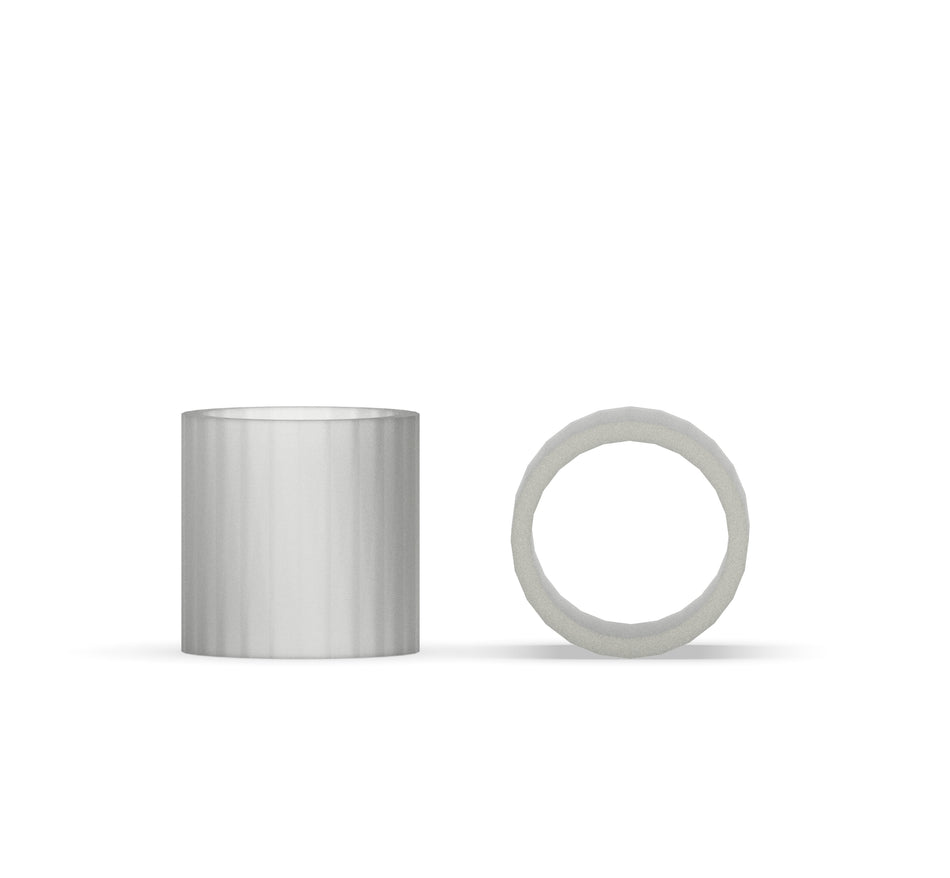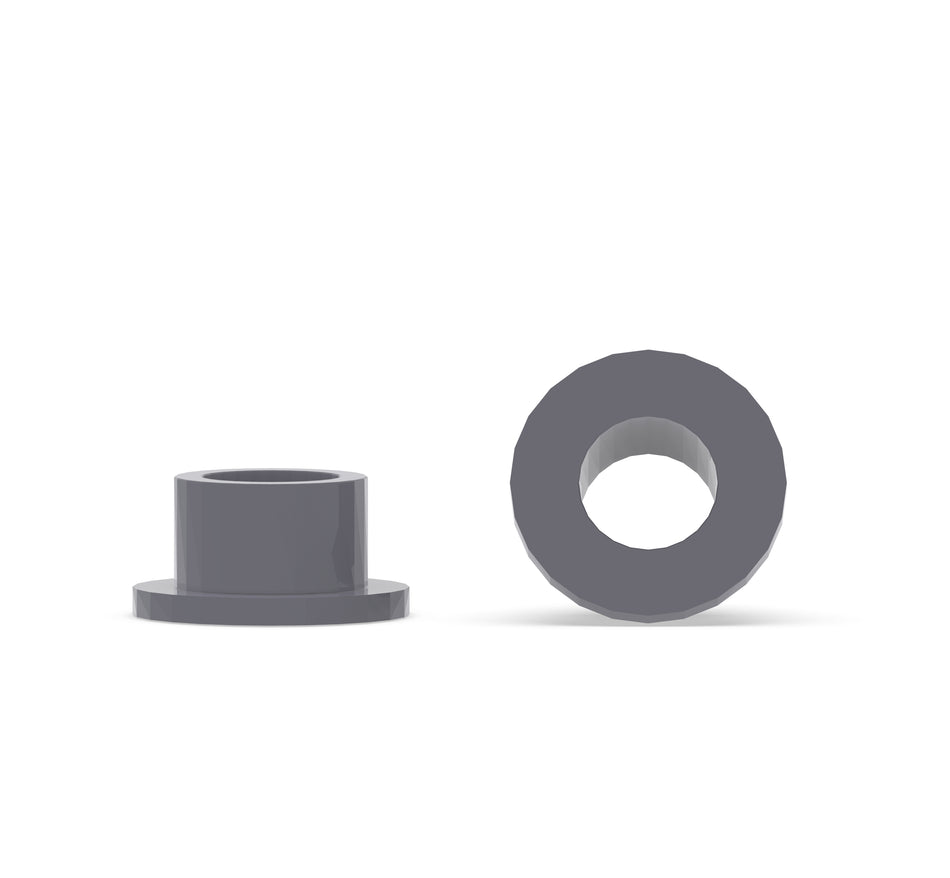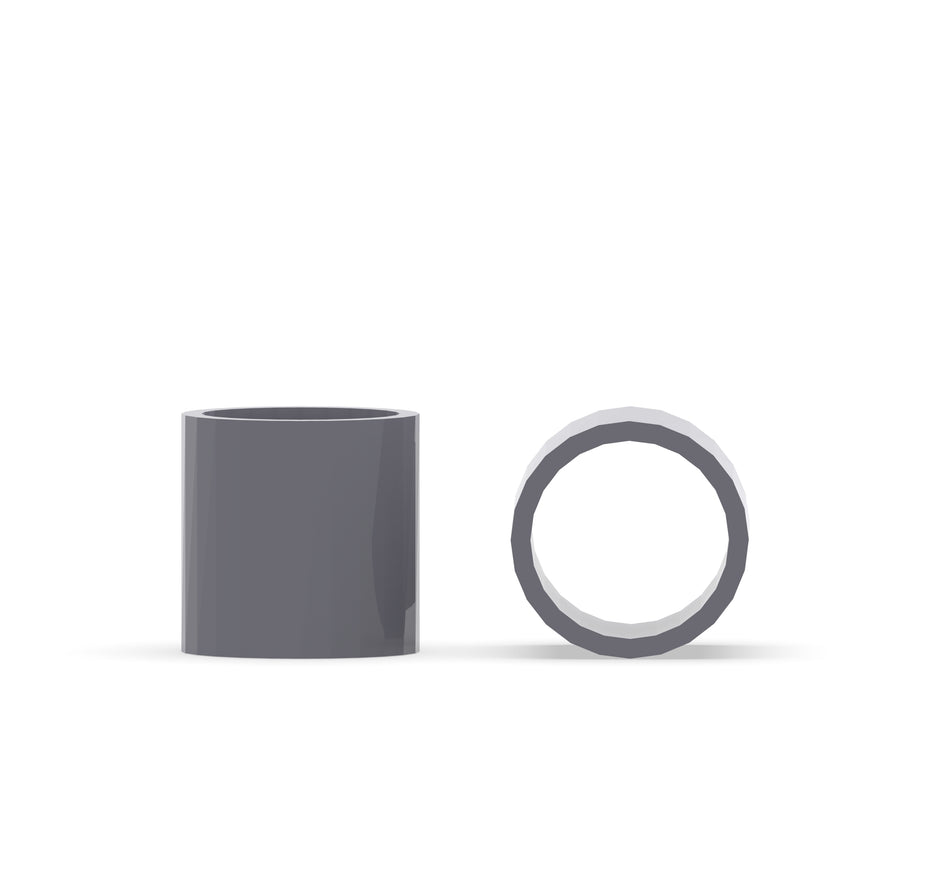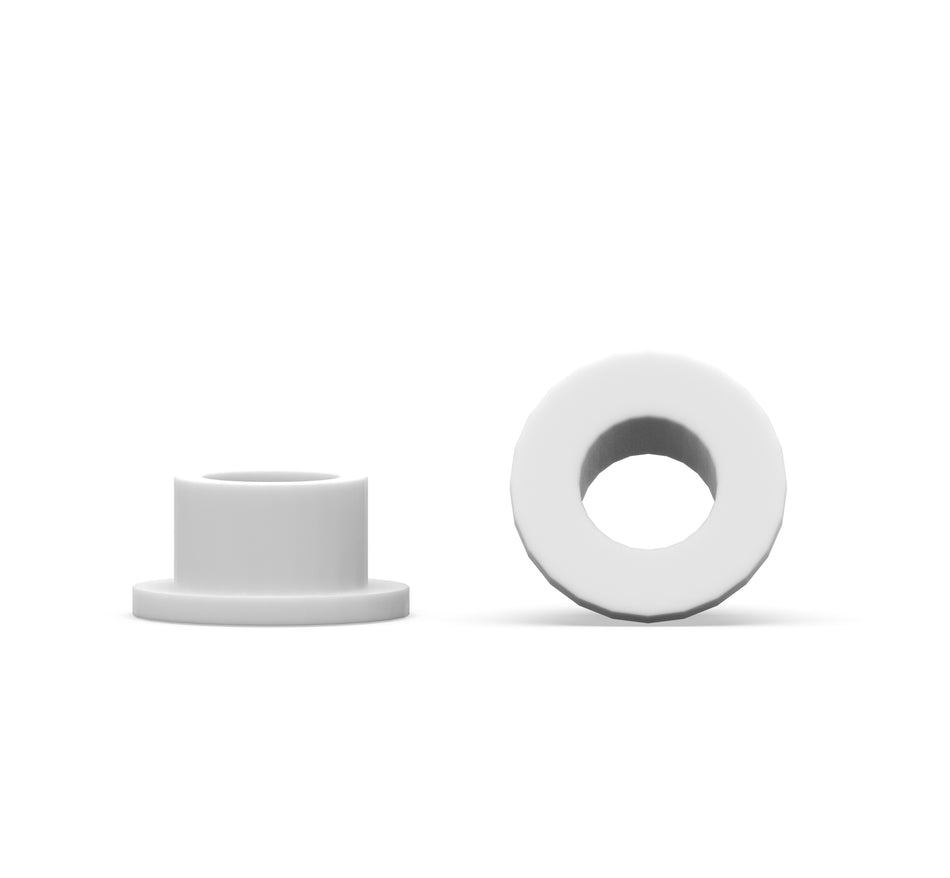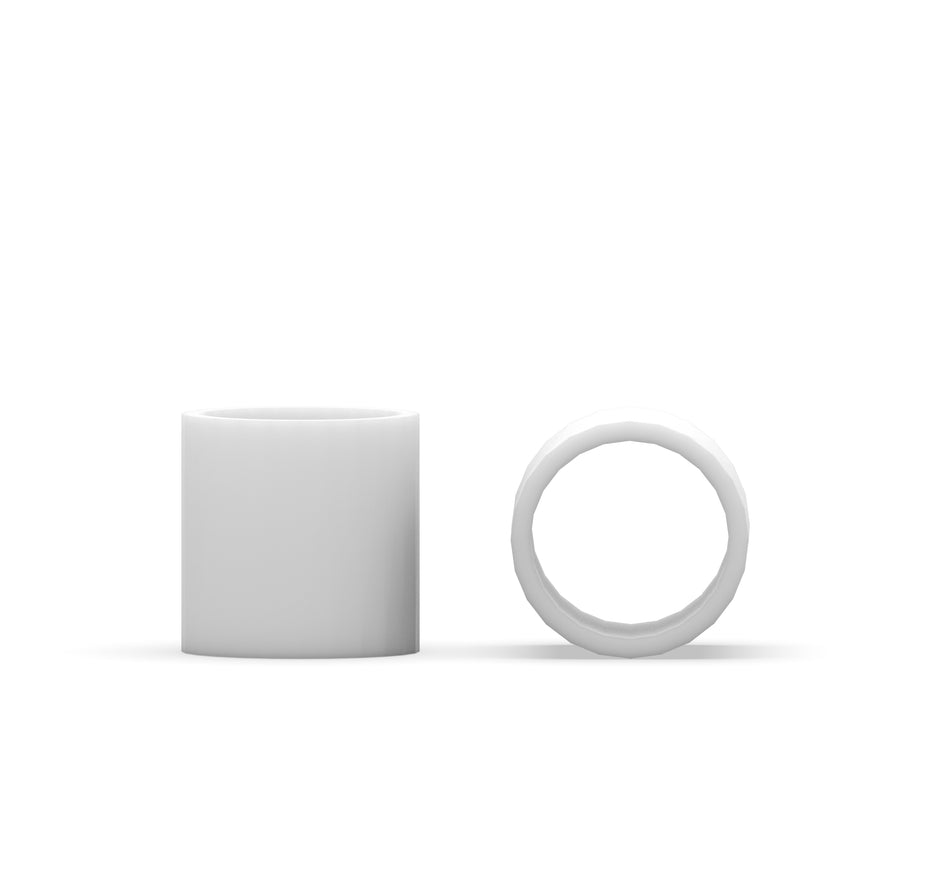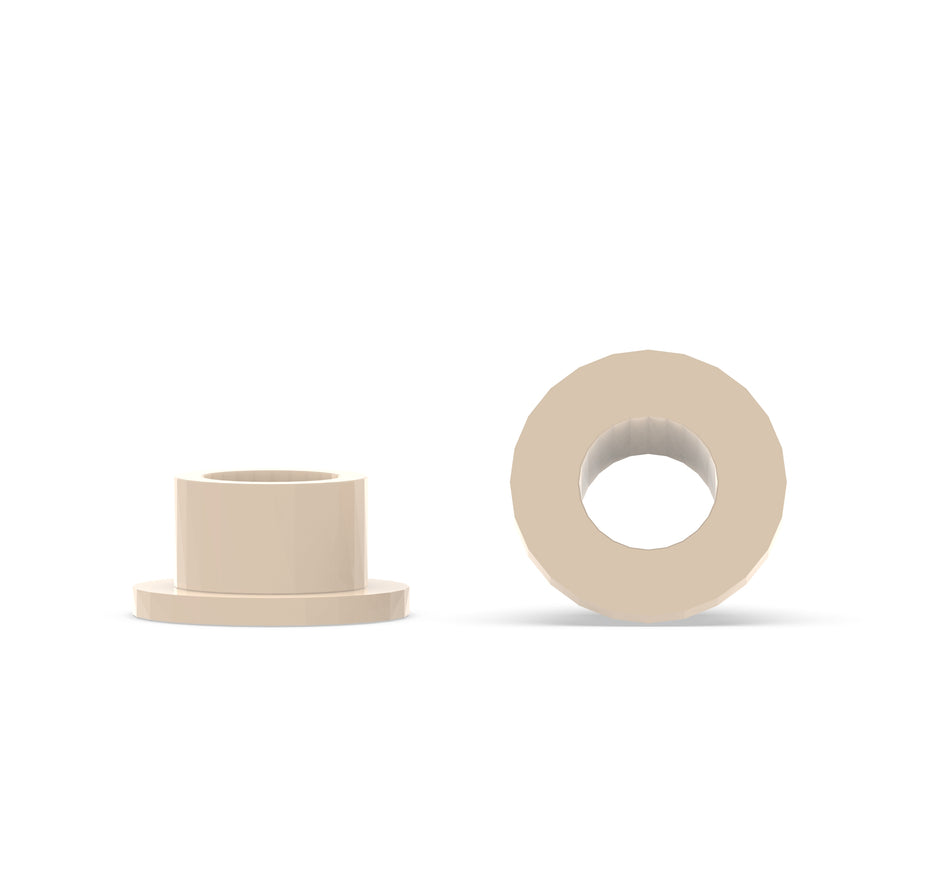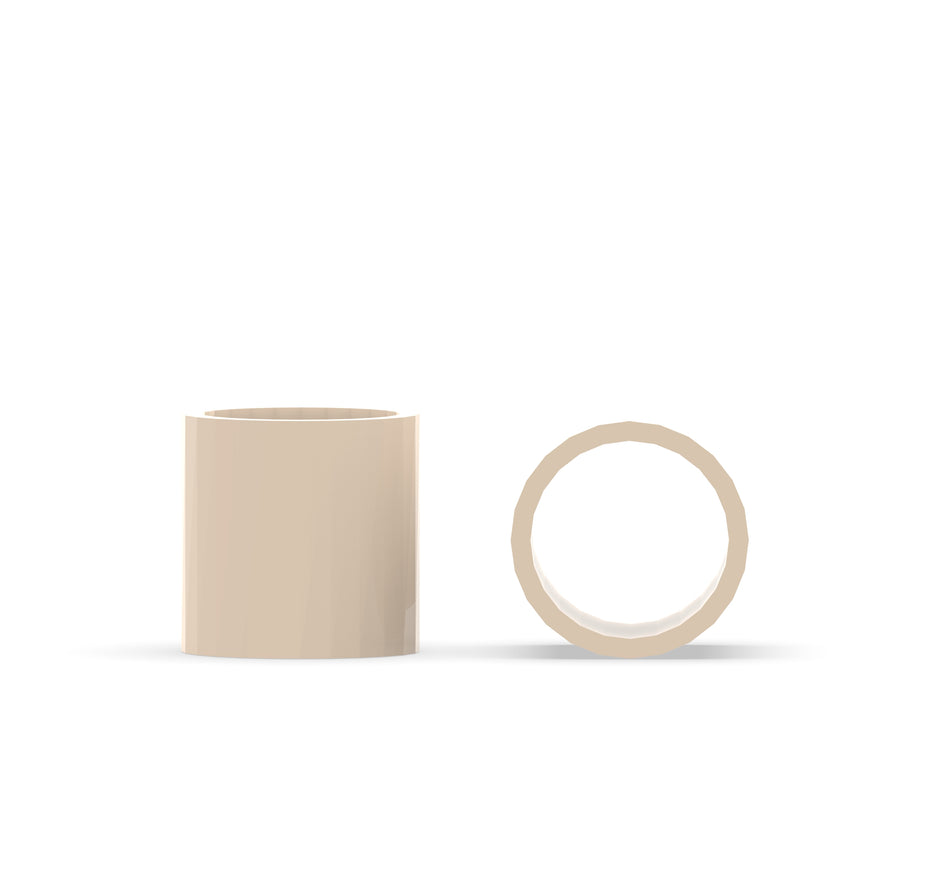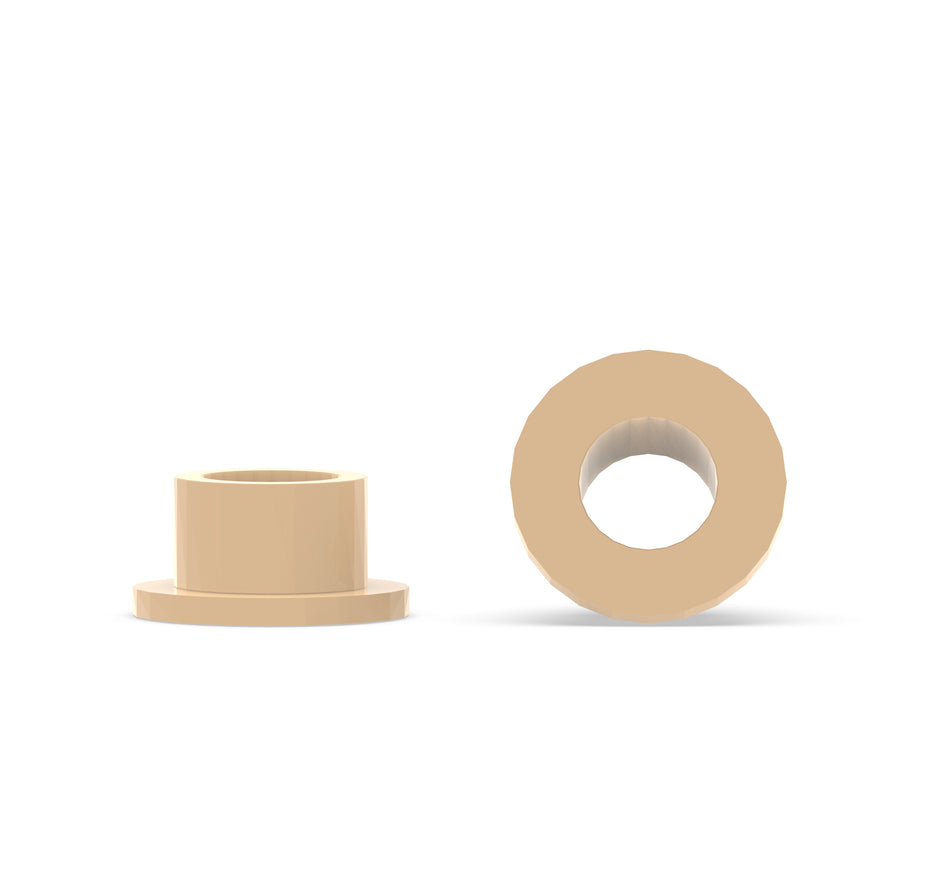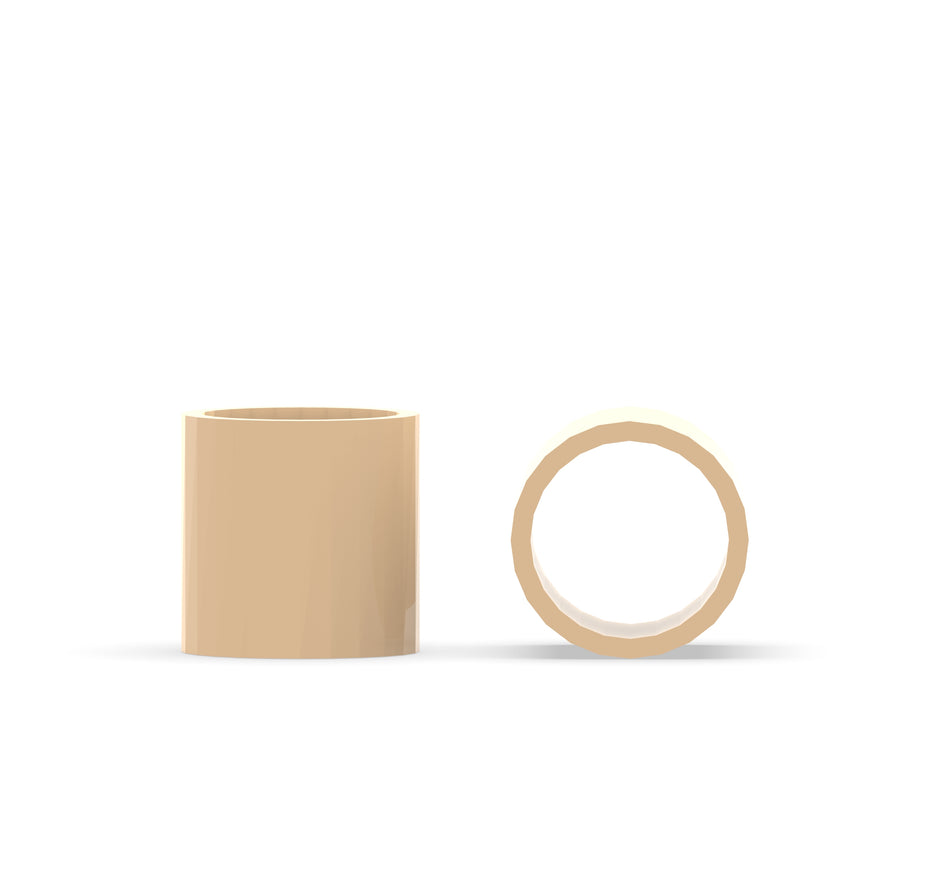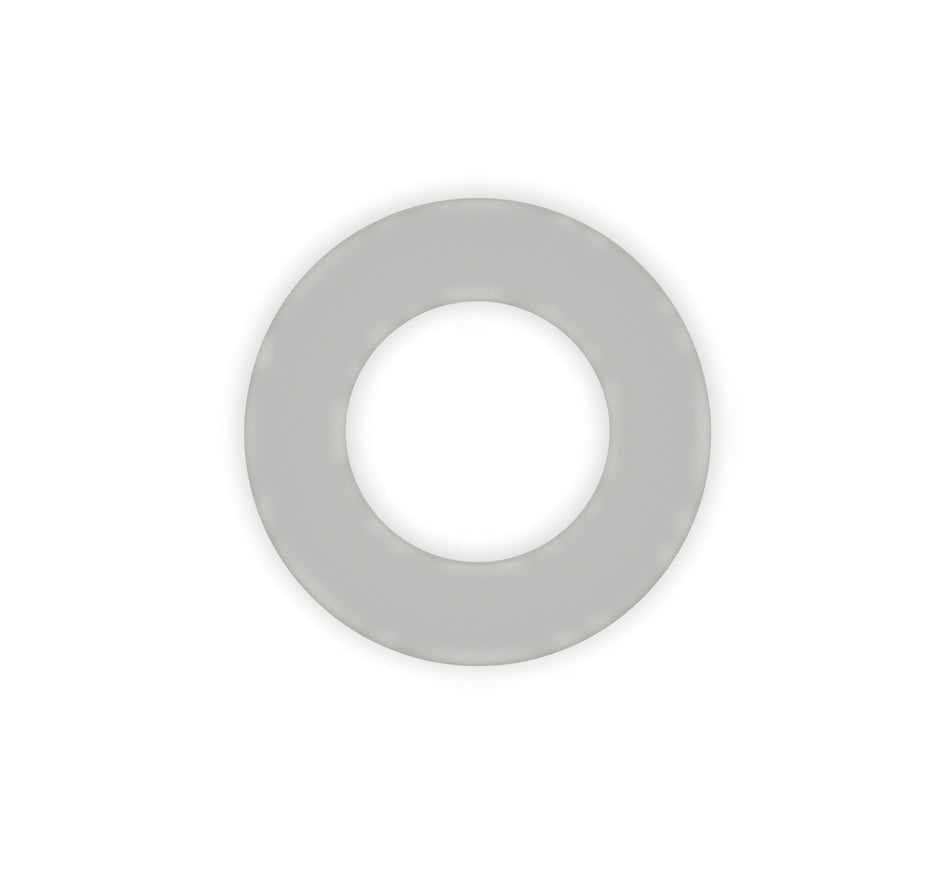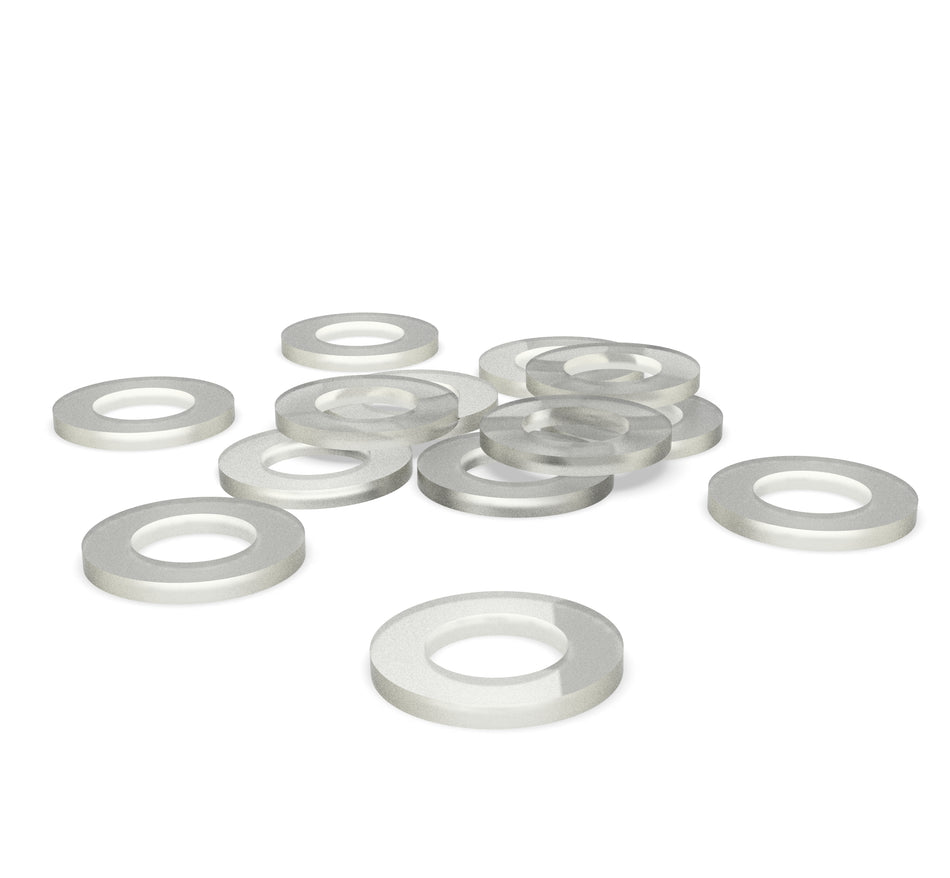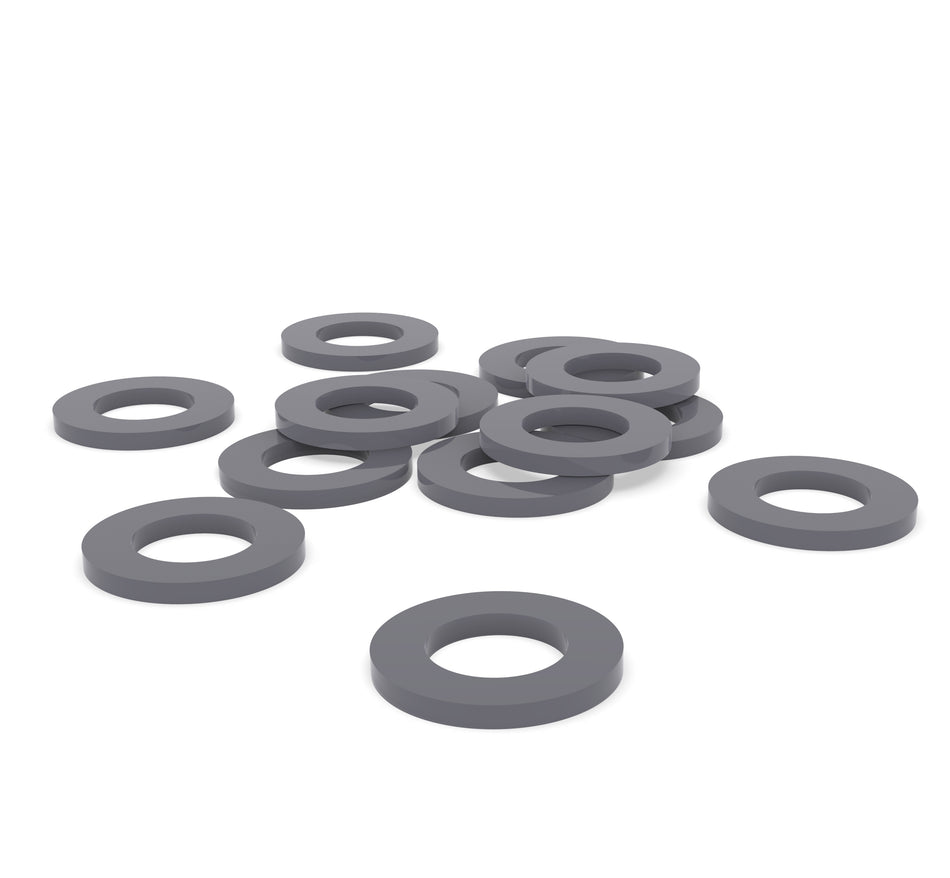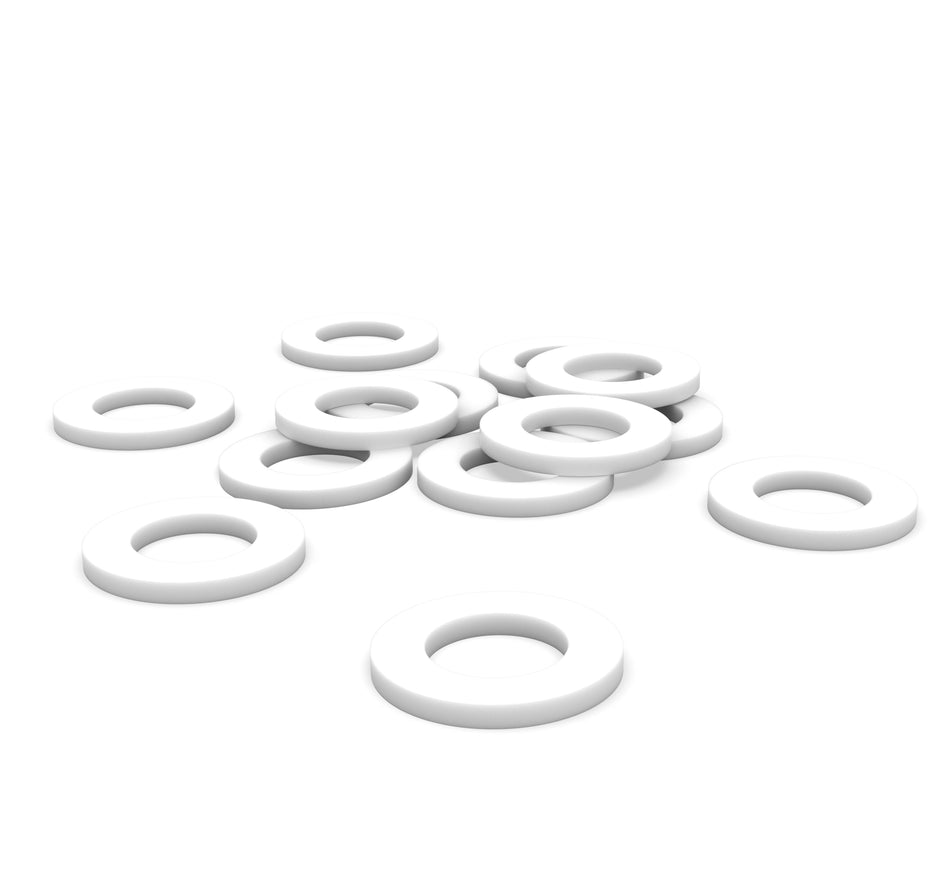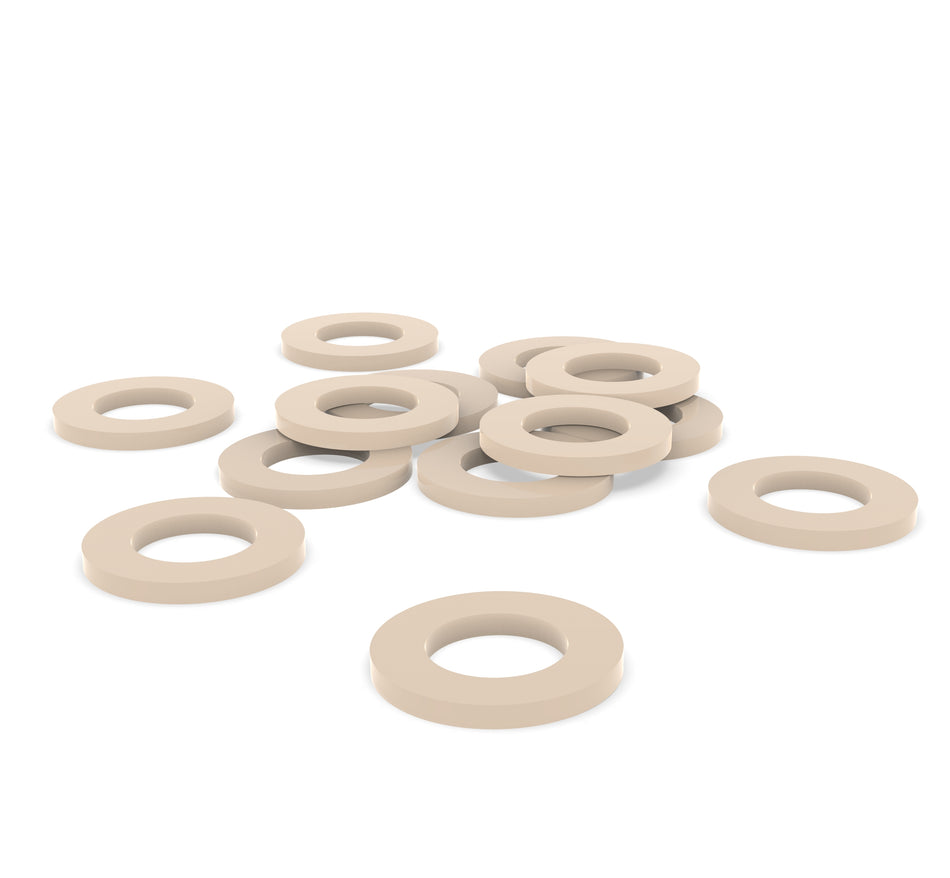180 Products
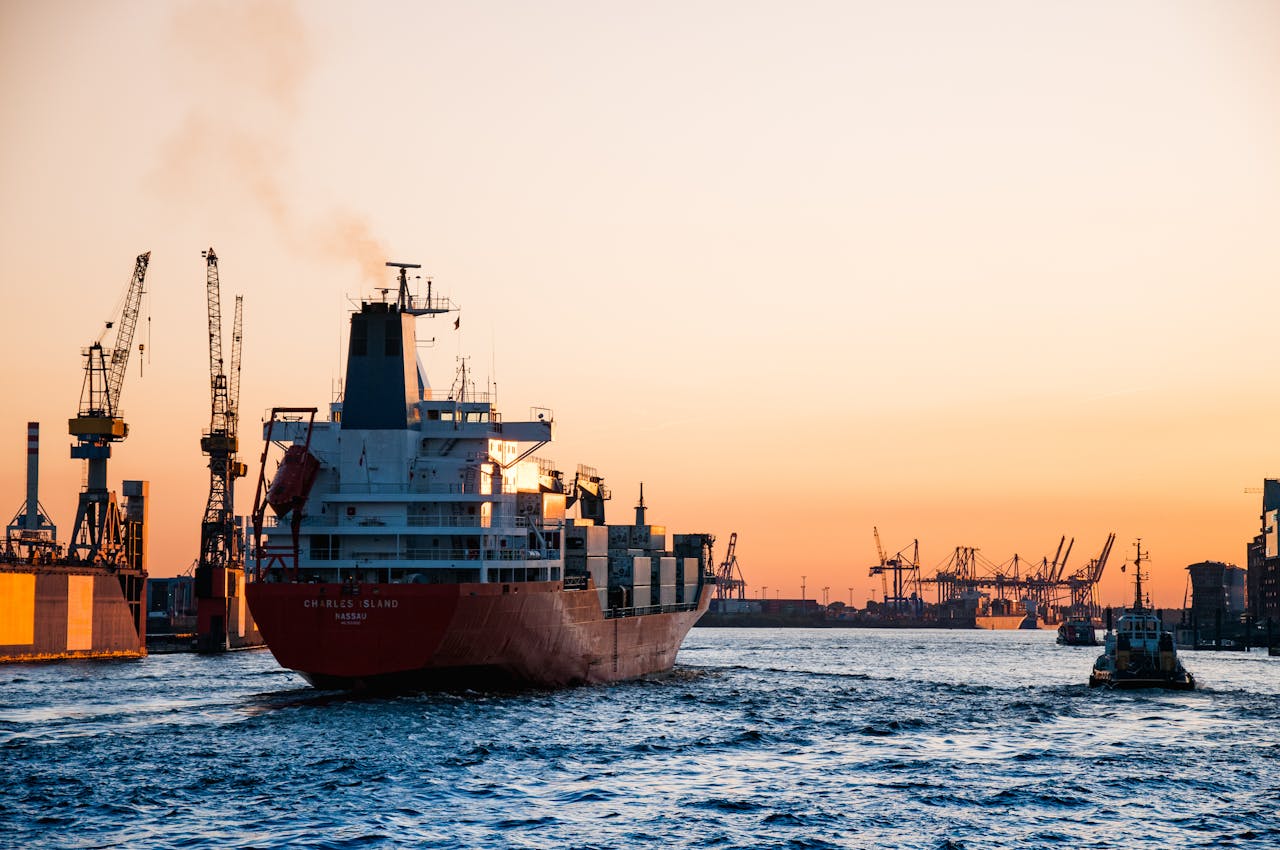
Why Are Corrosion Resistant Fasteners Needed?
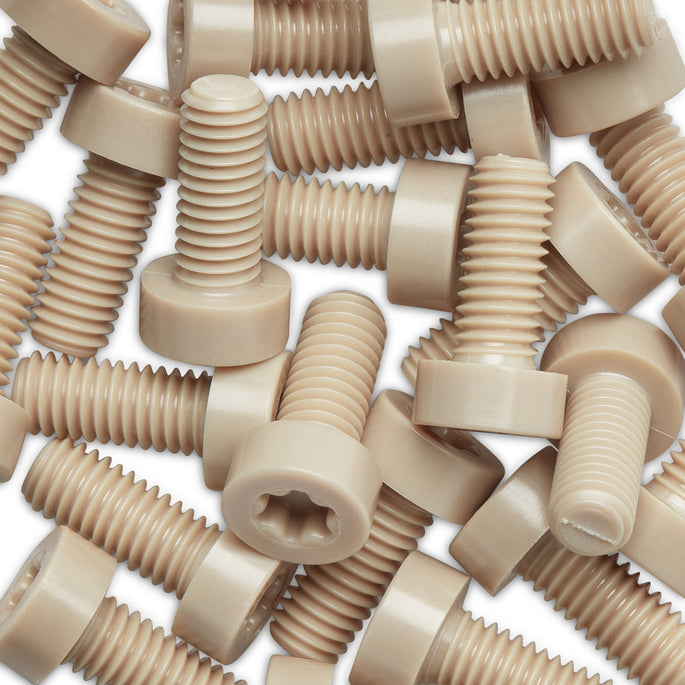
Types Of Corrosion Resistant Fasteners

Common applications of corrosion resistant fasteners
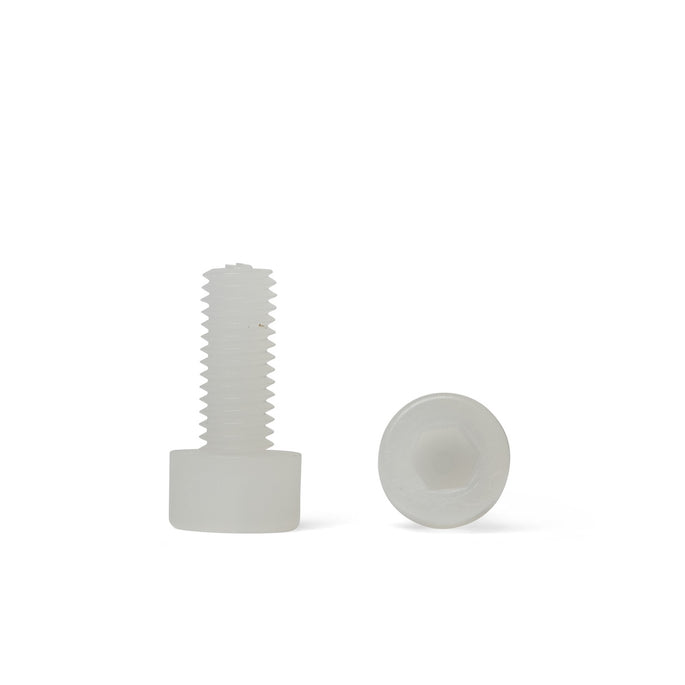
What makes polymers great corrosion resistant fasteners?
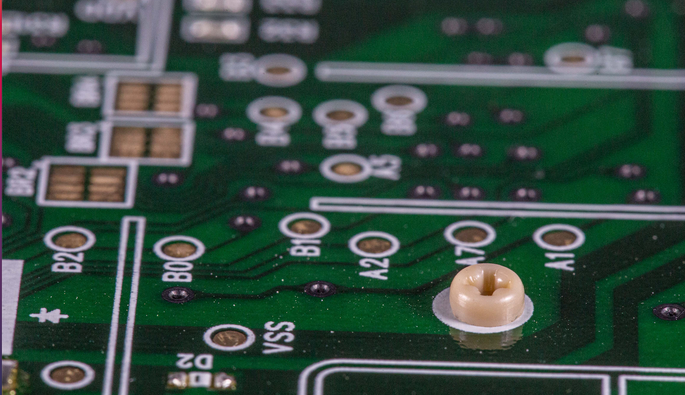
What Are The Benefits Of Corrosion Resistant Fasteners?
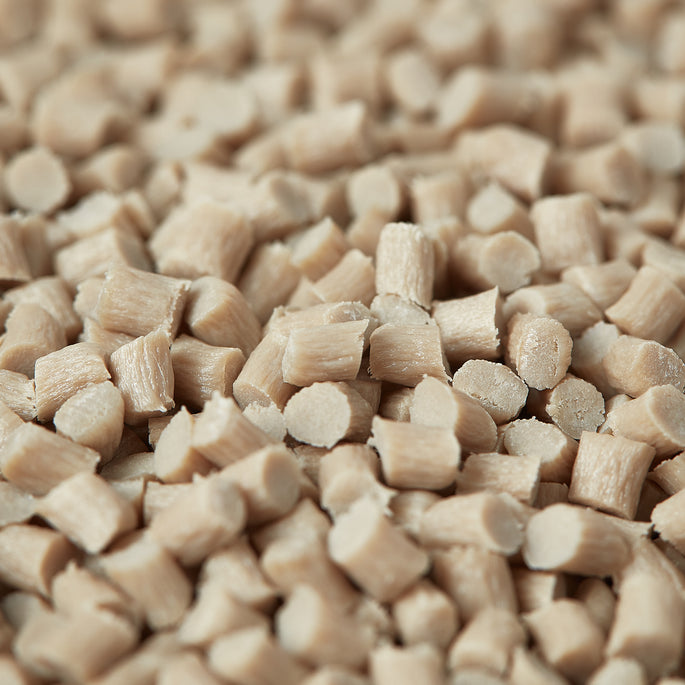
Other beneficial properties of corrosion resistant polymers
A korrózióálló polimer kötőelemek olyan típusú kötőelemek, amelyek polimerekből, azaz korrózióálló műanyagból készülnek. Ezeket a kötőelemeket számos olyan alkalmazásban használják, ahol a korrózió problémát jelenthet, és számos előnyt kínálnak a hagyományos fém kötőelemekkel szemben.
A korrózióálló polimer kötőelemek egyik fő előnye a könnyű és könnyen kezelhető tulajdonságuk. Ez különösen alkalmassá teszi őket olyan alkalmazásokban való használatra, ahol a súly problémát jelent, például a repülőgépiparban és az autóiparban. A polimer kötőelemeket jellemzően könnyebb felszerelni, mint a fém kötőelemeket, mivel nem igényelnek speciális szerszámokat vagy berendezéseket.
A könnyű és könnyen kezelhető tulajdonságaik mellett a korrózióálló polimer kötőelemek jó elektromos szigetelési tulajdonságokkal is rendelkeznek. Ez alkalmassá teszi őket olyan elektromos és elektronikus alkalmazásokban való használatra, ahol fontos az elektromos szigetelés.
A korrózióálló polimer kötőelemek több típusa létezik, köztük a poliéter-étereterketon (PEEK) kötőelemek, a polifenilén-oxid (PPO) kötőelemek és a polivinilidén-fluorid (PVDF) kötőelemek. A PEEK kötőelemek kiváló mechanikai és termikus tulajdonságaikról ismertek, így számos alkalmazásban használhatók. A PPO kötőelemek szintén ismertek jó mechanikai és termikus tulajdonságaikról, valamint az UV-fénnyel és az időjárással szembeni ellenállásukról. A PVDF kötőelemek kiváló kémiai ellenállásukról ismertek, így alkalmasak a korróziós környezetben való használatra.
Az ilyen típusú korrózióálló polimer kötőelemek mellett különböző bevonatok is léteznek, amelyeket a polimer kötőelemekre lehet felvinni a korrózióállóságuk javítása érdekében. Ezek a bevonatok közé tartozhat a cinkelés, a galvanizálás, valamint a különböző típusú festékek és bevonatok. Ezek a bevonatok további védőréteget biztosítanak a kötőelemnek, segítik a korrózió megelőzését és meghosszabbítják a kötőelem élettartamát.
Számos tényező befolyásolhatja a polimer kötőelem korrózióállóságát, többek között a polimer anyag típusa, a környezet, amelyben használják, és a felhordott bevonat típusa. Fontos figyelembe venni ezeket a tényezőket a korrózióálló polimer kötőelemek kiválasztásakor, hogy biztosítsuk, hogy azok alkalmasak a tervezett alkalmazáshoz.
Összességében a korrózióálló polimer kötőelemek fontos kötőelemtípusok, amelyeket számos olyan alkalmazásban használnak, ahol a korrózió problémát jelenthet. Ezek a kötőelemek korrózióálló polimer anyagokból készülnek, és úgy tervezték őket, hogy a korrózió megakadályozásával meghosszabbítsák a kötőelem élettartamát. Többféle korrózióálló polimer kötőelem közül lehet választani, beleértve a PEEK, PPO és PVDF kötőelemeket, valamint a különböző bevonatokat, amelyeket a kötőelemekre lehet felvinni a korrózióállóság javítása érdekében.

